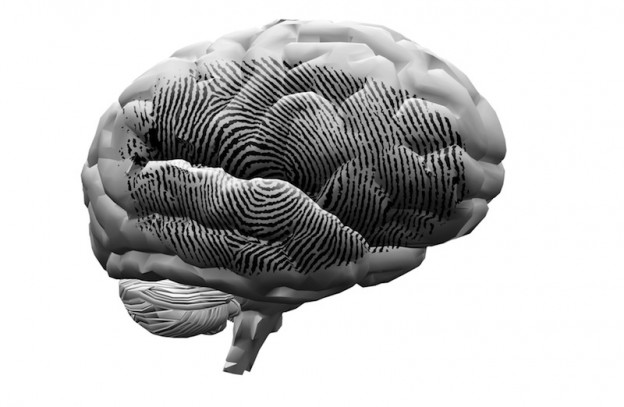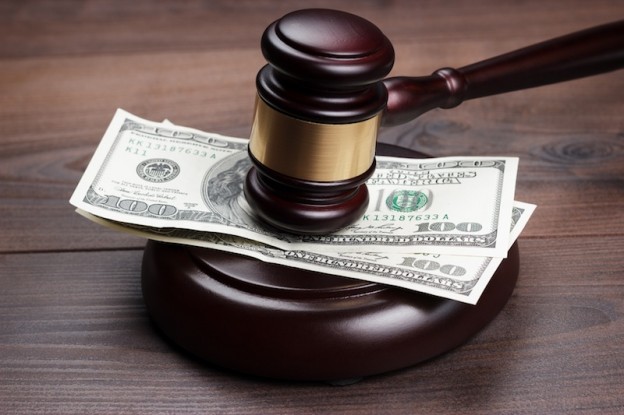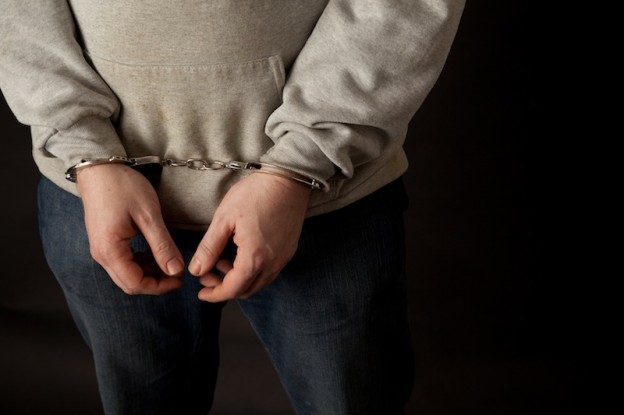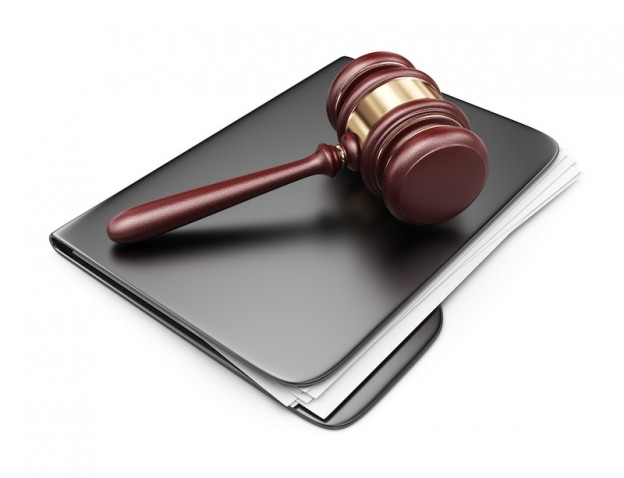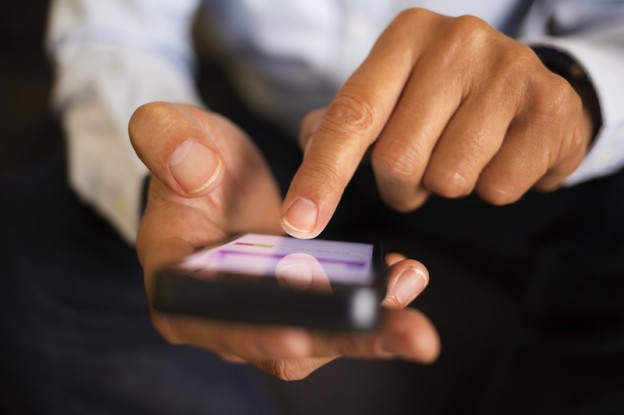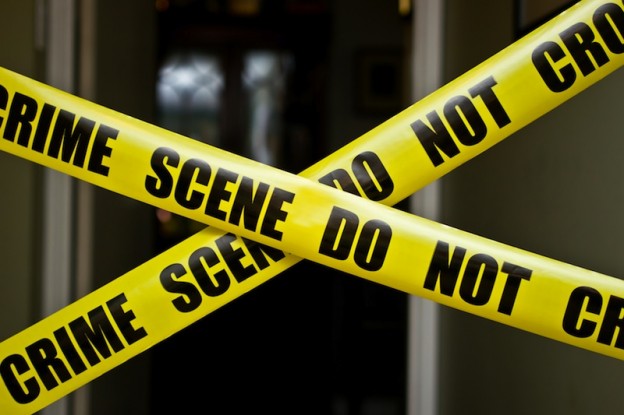Metadata, or the data behind electronically compiled data, lurks in every electronic document and has created some interesting challenges that attorneys, law firms, judges, and legal ethicists as the profession seeks to keep pace with technology. Even experienced attorneys are well served by consulting with a metadata expert early in the litigation process to assist with discovery and serve as an expert witness should the need arise.
The definition of metadata differs depending on how technical the definer, but an over-simplified treatment of the term includes not only information automatically attached to documents by software systems (such as time stamps), but also user created data that is hidden from obvious glance (such as track-changes, comments, or other notations embedded into the document).
For a full understanding of metadata, consult this well written and informative article on the subject from Bloomberg Law Reports: A White Paper on Metadata
While automatic metadata can reveal a history of a document that may be relevant to legal professionals, it is hidden user data that presents interesting challenges to unwary attorneys and law firms representing parties with important information contained in electronic documents. Whether concerned about issues of attorney / client confidentiality or conducting a thorough pre-litigation discovery process, legal professionals must become increasingly familiar with metadata in order to avoid costly errors.
Metadata and Confidentiality
The nature of metadata makes it difficult to detect, leaving firms, attorneys, and clients susceptible to inadvertent leaks of confidential information. As we witnessed in former CIA Director Petraeus’ embarrassing fall from grace, investigators have the capability of tracking even carefully concealed hidden data. Although Petraeus and his mistress Paula Broadwell carefully covered their indiscretion with false email accounts and unsent documents, FBI investigators tracked the hidden metadata to reveal communications both parties thought were well hidden.
If the director of the Central Intelligence Agency can be exposed by careful digging through data he did not know exposed him, imagine, then how easy it is for attorneys and clients to overlook the procedures necessary to hiding communications from metadata detection. Attorneys and clients who do not take proper steps to redact and protect confidential information in track changes, pdf conversions, or confidential email accounts leave themselves vulnerable to exposing privileged communications to opposing counsel, and, in the case of lawyers and firms, the ethical punishments associated with this type of carelessness.
The expansive reach of metadata detection is still not properly understood by members of the legal profession, and, as such, neither are the procedures necessary to protect the unwilling dissemination of privileged information. Although metadata is sometimes difficult to keep track of, careful attention to redaction procedures should be able to protect confidential information – leaving members of the legal profession without legitimate cause for accidental violation of attorney/client privilege caused by missed metadata review. Attorneys and law firms need to adjust to the challenges presented by electronic documentation, and take the steps to educate themselves about metadata in order to prevent unintentional breach of attorney client privilege.
Metadata in Litigation
Modern litigation relies extensively on the discovery and analysis of a variety of electronic documents that compile, explain, dissect, disseminate, and manipulate all sorts of data that may be relevant to the issues presented in the lawsuit. Lawsuits, particularly large scale suits involving corporations, will require parties to sort through thousands of electronic documents including emails, word files, excel spreadsheets, and calendars that contain information that may be pertinent to the issue at the center of the suit. As electronic documentation becomes more diverse, it becomes increasingly difficult to conduct discovery that encompasses all the information relevant to the case.
Just as tedious as carefully identifying and redacting all the information contained in metadata is the task of finding it in the data provided by opposing counsel. The purpose of discovery in litigation is to sort through all the potentially important documents to find relevant pieces of information to build an argument, and if attorneys do not find a way to identify information contained in metadata they may miss a critical element to their case and expose themselves to malpractice accusations from unsatisfied clients. Just as ignorance of metadata is not an excuse for breach of confidentiality, it is similarly unconvincing as a reason for failing to find information important to a lawsuit.
As attorneys and firms are faced with increasingly high volumes of electronic documents to analyze during the discovery phase, they must be able to identify the potential for critical information contained in metadata in order to ensure their review does not overlook something important to the case. Pre-discovery discussions about the reasonable production of metadata by both parties, and an awareness of what types of documents may contain relevant metadata can be critical to conducting a sufficiently thorough discovery review.
Whether creating confidentiality or e-discovery concerns, the rise of metadata can give attorneys and law firms additional headaches not previously faced by the legal profession. Although the vast majority of metadata is meaningless to parties involved in litigation and to attorney/client communications, every large collection of electronic documents contains potentially relevant information hidden in metadata that needs to be accounted for. As attorneys and law firms adjust to electronic compilation, storage, and dissemination of data, their technical acumen might be just as critical as their legal ability. Metadata professionals and expert witnesses are available to assist when attorneys and law firms struggle with an issue present in almost every modern lawsuit.


